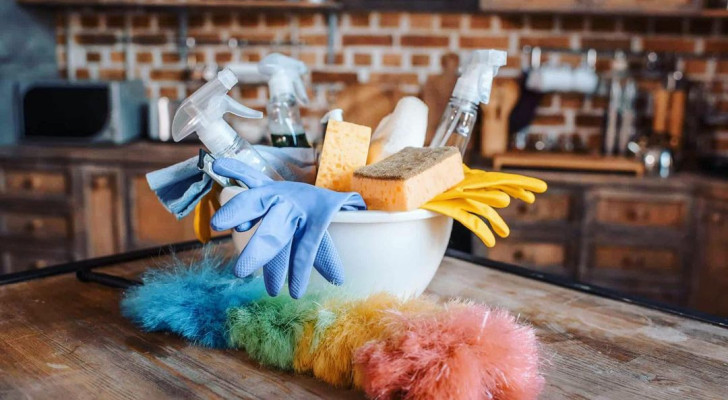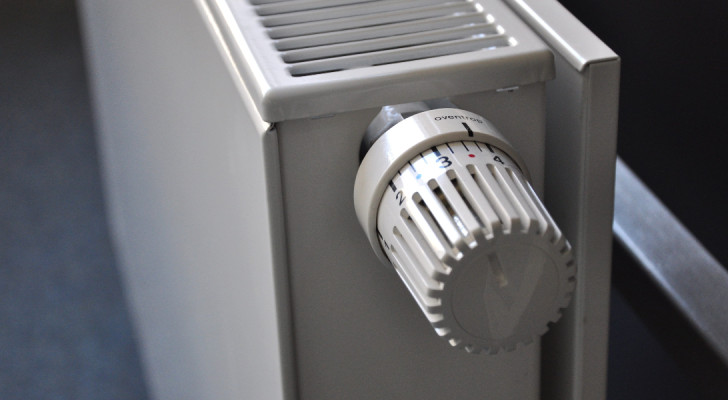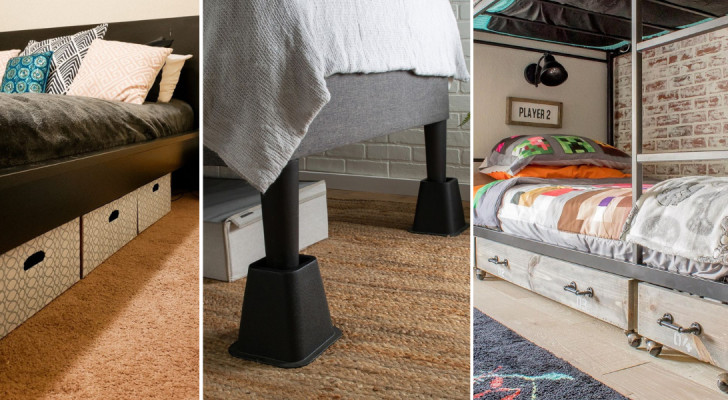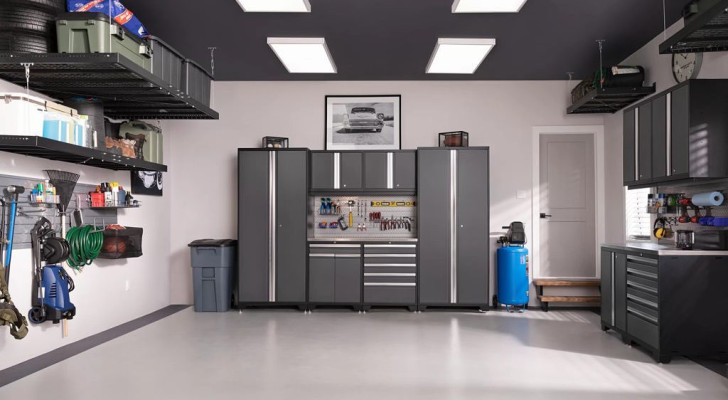Cleaning the shower cubicle: how to do this quickly and save money!
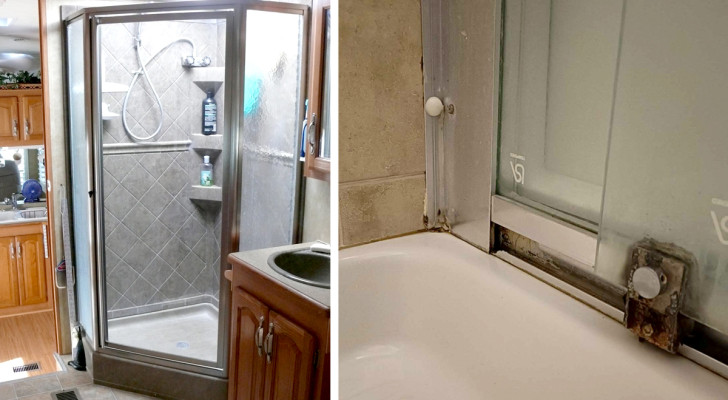
In constant use, the bathroom tends to get dirty quickly and requires frequent cleaning. Keeping the bathroom shiny, clean and fragrant, however, is not very easy. There are many small nooks and crannies where dirt, bacteria, limescale and and mold can develop and proliferate. And, in particular, the shower cubicle is particular vulnerable to dirt build-up.
Let's find out how to keep the shower spic and span, but without spending too much money.
What is the biggest problem in shower cubicles?
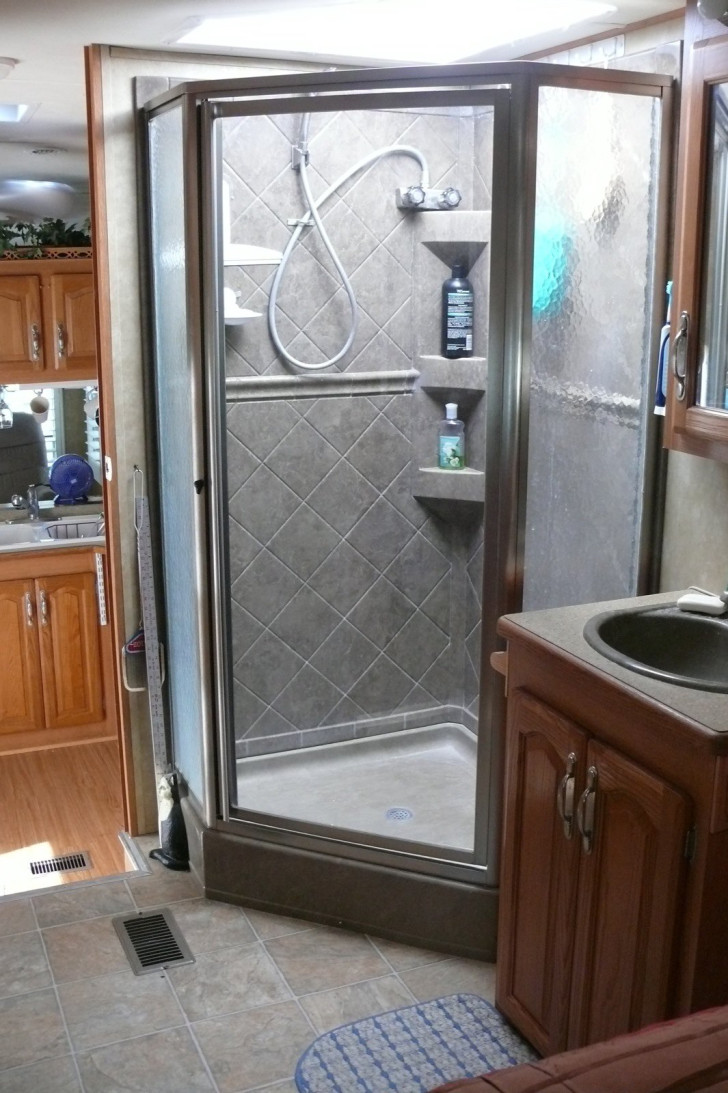
Being a humid spot, the shower is vulnerable to mold, bacteria and limescale developing in it very quickly. So, what's the best way to deal with this? First of all, you could dry the surfaces of the shower cubicle after use. Doing so will certainly prevent black mold from growing on the grouting between the tiles. Drying the glass will likewise prevent unsightly limescale from building up.
But if your shower cubicle is already "in a state", you can use some homemade remedies to clean it - keep reading:
Two "magic" products
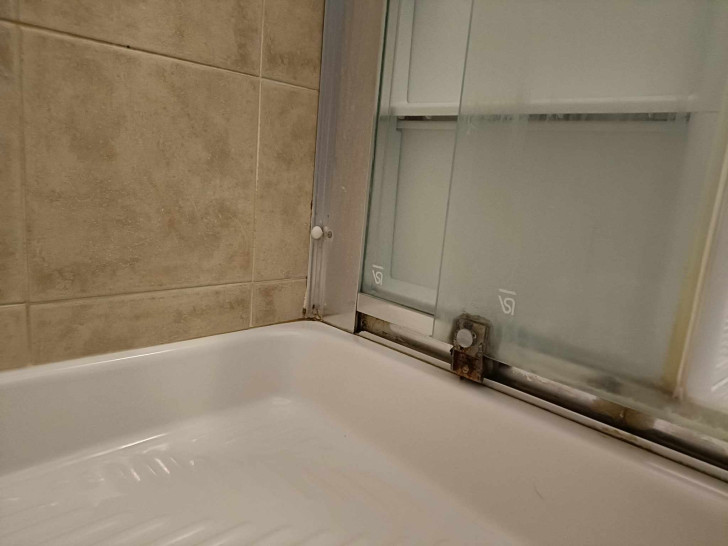
Creativo
The areas of the shower most vulnerable to mold and limescale build-up are the sliding door tracks, the faucets and the shower head. Cleaning these areas may require more care than usual, but two "magical" allies can help you: baking soda and white wine vinegar. These products are not only great for removing dirt, but also unpleasant odors. Let's find out how to proceed:
Make a paste with baking soda and water, or baking soda and vinegar; mix well and apply to the dirty areas. Let the paste act for at least 15 minutes and then rinse off with running water and, if necessary, scrub away stubborn dirt with a toothbrush (taking care not to scratch surfaces). These products can also be used to clean the base of the faucets and/or the shower head, freeing the nozzles.
But what if you don't have one of these products at home? Well, don't worry because there alternatives you can use:
Alternative "cleaners"
Lemon juice is also an excellent cleaning product. Lemon juice can dissolve limescale and eliminate mold. And the scent of lemon juice is very pleasant for most of us. Use the juice from a whole lemon - neat or diluted in water - to wet a cloth and then wipe this over the areas to be cleaned. If a deeper cleaning is needed, you could also soak a piece of cotton wool in the lemon juice and leave it on the spot you need to clean for a few minutes.
And if you have lemons, you can use hydrogen peroxide. The disinfectant and cleaning properties of hydrogen peroxide will eliminate dirt and ensure that bacteria are neutralized. Pour two cups of hydrogen peroxide into a container with water, pour over the dirty area, leave to act for a few minutes and then wipe down with a clean cloth.
Now, your shower should be sparkling clean again. But don't forget to dry it after each use (perhaps with a squeegee) and paying particular attention to the above "problem areas". And don't forget to wipe down the tiles with a cloth before the grouting turns black again.
Happy showering!
